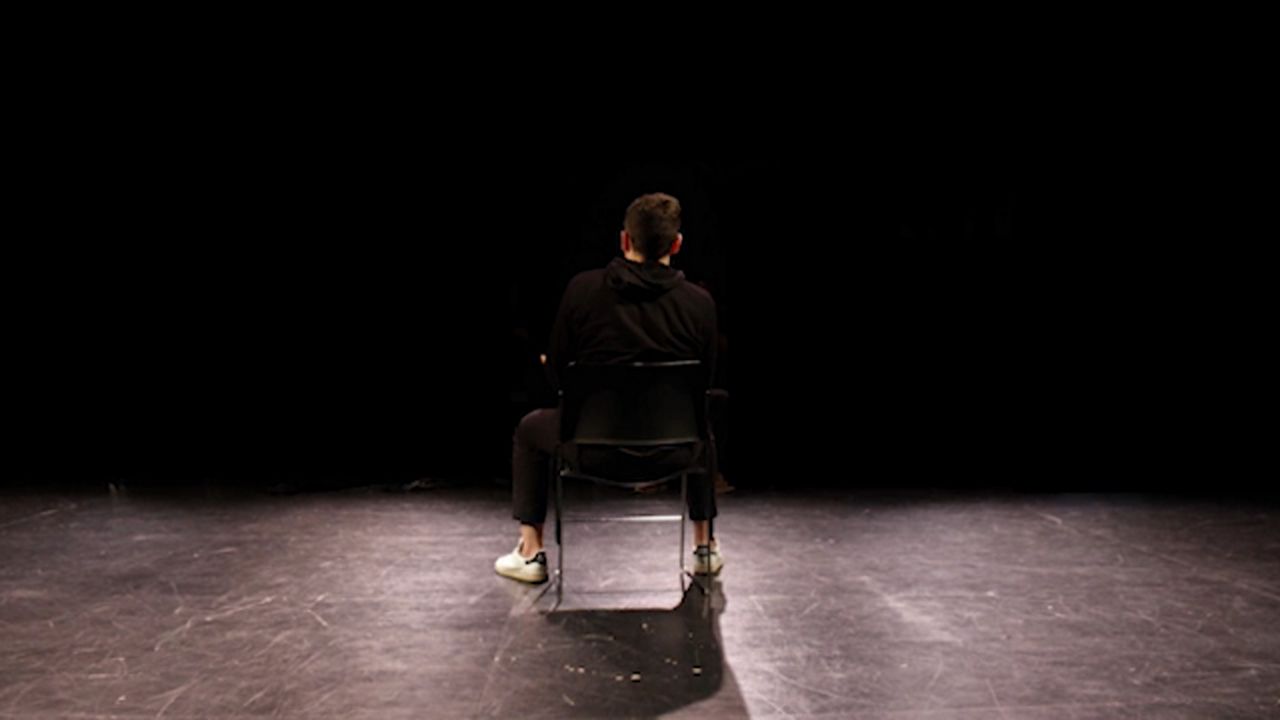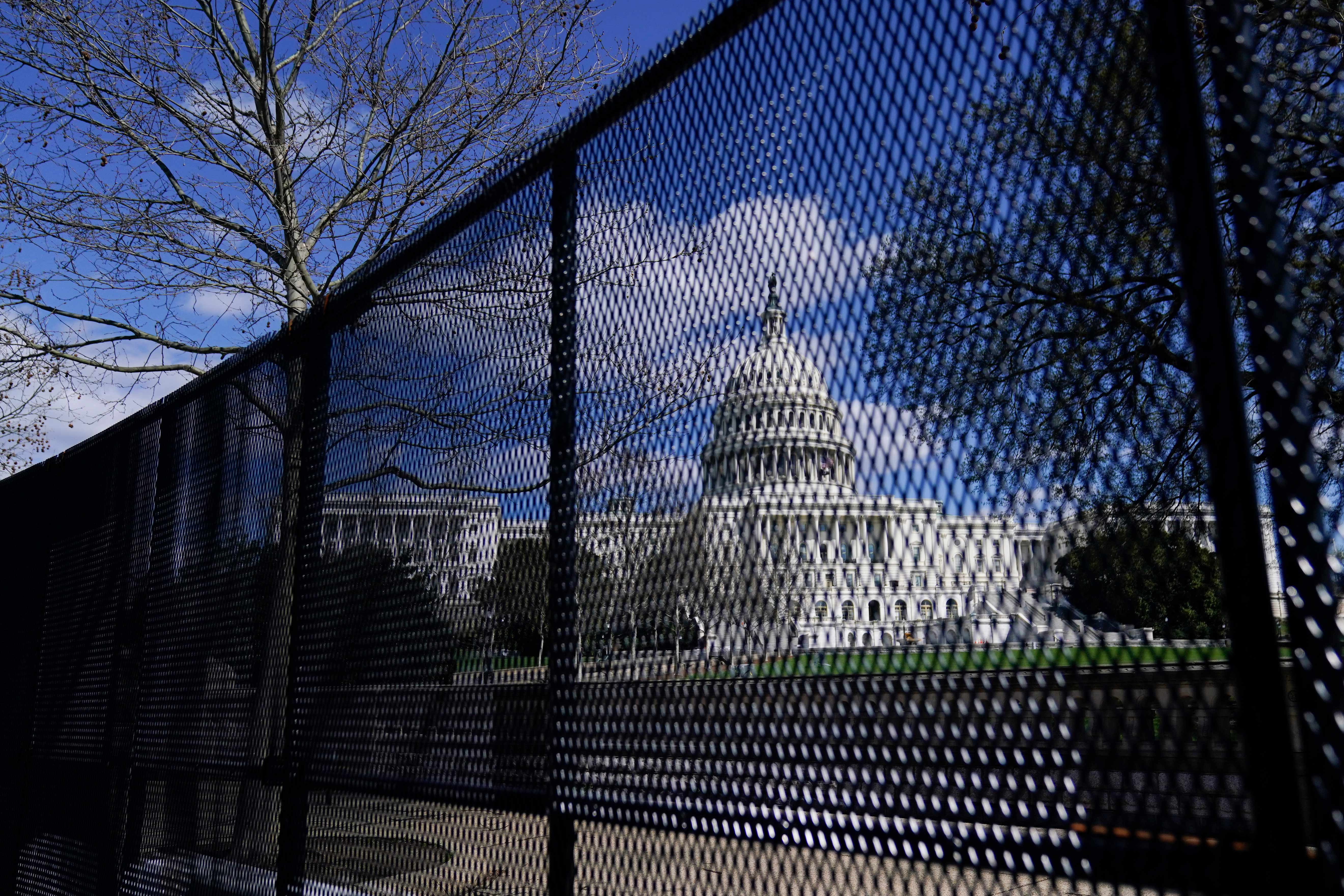In society, mental illness is viewed as a disability; an unfortunate stain on someone’s life. The ignorant view people with mental illnesses as helpless and make it their prerogative to fix them. However, popular writers, composers, artists, and even presidents have been diagnosed with varying mental illnesses — and all innovated and found success in their respective fields.
While some psychiatric workers — along with friends or family of those diagnosed — believe that mental illness is a hindrance, mental illness can explore new ways of thought that fray the line between the rational and irrational and facilitates a creative and ingenious perspective.
People with mental illnesses are capable of a long and successful life, but the heavy chains of stigmas must stop interfering with how others perceive them, and how they perceive themselves.
Ally Kewish, a digital media innovations senior, was diagnosed with depression and anxiety her freshman year at Texas State. Though she wishes she did not have depression and anxiety, she feels she would not be who she is without them.
Mental illnesses do not necessarily define people diagnosed with them, like Kewish, but it is a part of them in some way — a lens that they see the world through. Kewish even finds this lens helpful at times.
“It is a struggle, but it is a part of who I am, and I wouldn’t change it,” Kewish says. “[Having anxiety and depression] has actually helped me, I find a lot of my creativity through my emotion, and so when I feel very emotional, negative or positive, I feel I am able to draw from my feelings and create something unique.”
Genius is widely speculated to correlate with mental illness. Aristotle made the connection, claiming that “no great genius has ever been without some madness.” Archimedes, who had expertise in geometry during his time, was described as “bewitched by some familiar siren dwelling in him.” He often neglected his body for days, forgetting to eat or bathe, and yet had a renowned prowess for geometry apart from any other.
In addition, curator, essayist, and author Joshua Wolf Shenk wrote a biography titled “Lincoln’s Melancholy: How Depression Challenged a President and Fueled his Greatness.” Shenk talks about Lincoln and his “melancholy” through tangible primary sources and first-hand accounts of Lincoln’s close friends and family. It is uncertain whether we can create a specific connection between creativity and mental illness, but we can make a connection between mental illnesses and the positive impact they can have on someone’s life.
However, the overall successes and achievements of Lincoln and so many other famous individuals prove that those “under some emotional weight need a purpose that will both draw on their talents and transcend their lives,” Shenk says. Shenk also makes the point that the burden of “sadness and despair that could tip into a state of disease” can also be a gift of “capacity for depth, wisdom, and even genius.”
A research paper in 2005 written by Alice Flaherty of Harvard Medical School demonstrates the similar use of unusual activity in the frontal lobe that happens in both “creative thinking” and “mental illness” alike, including “manic depression or schizophrenia.” The unusual activity in the frontal lobe is suspected to cause the combining of information “in innovative ways.”
The evidence shows that mental illness is not a disability; it is a different way to see the world and can actually be a gift in disguise.
The negative stigmas surrounding mental health can not only cause harm to how people with mental illnesses view themselves, but they also impede their ability to seek help when they do need it.
Dr. Richard A. Martinez, the coordinator of Educational Programming and Outreach at Texas State, says it is important to de-stigmatize mental health, adding that mental health is not talked about enough.
“So many people suffer in silence, or they are getting their own help [non-therapy or medical related], but they are not necessarily talking about it or talking about how it has been helpful for them. Oftentimes people think, ‘If I go to counseling something is wrong with me,’ ‘I’m broken,’ or ‘I’m crazy,’ when that is not true at all,” Martinez says.
Psychiatric professionals, counselors, or peers can give those struggling all the information and the resources in the world but, at the end of the day, it is up to those struggling to want to make a change. The stigmas surrounding seeking help play a huge role in hindering people’s ability to find the necessary outlets to maintain a healthy life.
“Sometimes we need to ask the hard questions. We, as family and friends, are not open to having those conversations about mental health, or we are reinforcing [the stigmas],” Martinez says.
Martinez says eliminating the stigma surrounding mental health would help people a lot sooner — “before they are at their breaking point.”
“There is so much untapped potential in people,” Martinez says. “People are just kind of missing out, growing as a partner, friend, family member, but it will only happen if society normalizes this discussion.”
For years, people with mental illnesses were thrown in psychiatric hospitals and were regarded as diseased and corrupted. Sticking to that mindset, and not realizing mental illness is a gift, more people diagnosed with mental illnesses will likely experience isolation and mistreatment for years to come.
This negative connotation toward people with mental illnesses needs to stop. People diagnosed or struggling with mental health are not weaker or less than; they are unique and powerful.
Lewis Carroll says it best: “I am not strange, weird, off, or crazy; my reality is just different from yours.”
– Lindsey Salisbury is an English sophomore
The University Star welcomes Letters to the Editor from its readers. All submissions are reviewed and considered by the Editor-in-Chief and Opinion Editor for publication. Not all letters are guaranteed for publication.






